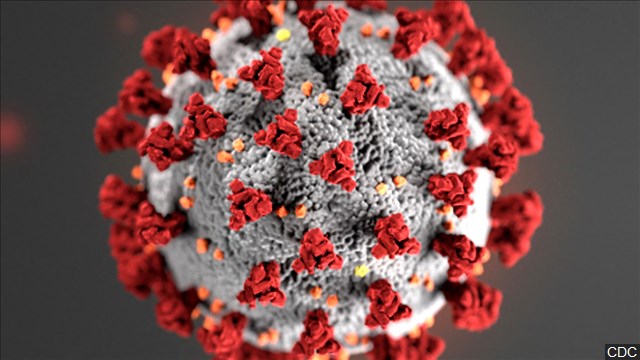An initial assessment of the impact of COVID-19 on the global world of work indicates that the effects will be far-reaching, leading millions of people to unemployment, underemployment and working poverty, and proposes measures for a decisive, coordinated and immediate response.
GENEVA (ILO News) –According to a new evaluation by the International Labor Organization (ILO), the economic and labor crisis caused by the COVID-19 pandemic could increase global unemployment by almost 25 million people.
However, if there is an internationally coordinated political response, as occurred in the face of the 2008-2009 global financial crisis, the impact on global unemployment could be significantly less.
In the preliminary assessment note, COVID-19 and the world of work: Consequences and responses, urgent, large-scale and coordinated action is called for based on three pillars: protecting workers in the workplace, encouraging economy and employment, and sustain jobs and income.
Those measures include the extension of social protection, support to maintain employment (i.e. short-time work, paid vacations and other subsidies) and the granting of financial aid and tax relief, in particular to micro and small enterprises. and medium-sized companies. In addition, the note proposes monetary and fiscal policy measures, as well as loans and financial aid to specific economic sectors.
Different hypotheses
Based on the different hypotheses for the consequences of COVID-19 on world GDP growth, ILO estimates indicate an increase in global unemployment of between 5.3 million («prudent» hypothesis) and 24.7 million ( ‘extreme’ hypothesis) from a base level of 188 million in 2019. By comparison, the global financial crisis of 2008-2009 increased global unemployment by 22 million.
An exponential increase in underemployment is also expected, since the economic consequences of the virus outbreak translate into reductions in working hours and wages. In developing countries, restrictions on the movement of people (for example, service providers) and goods on this occasion may cancel the buffering effect that self-employment usually has there.
Job declines also lead to huge loss of earnings for workers. The study estimates that these will be between $ 860 billion and $ 3.4 trillion by the end of 2020. This will translate into falls in the consumption of goods and services, which in turn will affect the prospects of companies and economies.
A significant increase in working poverty is also expected, as “the pressure on earnings resulting from the decline in economic activity will have a devastating effect on workers who are near or below the poverty line.” The ILO estimates that between 8.8 and 35 million more people will be in working poverty worldwide, compared to the original estimate for 2020 (which predicted a decrease of 14 million worldwide).
Quick and coordinated policy responses
“It is no longer just a global health crisis, but also a major economic and labor market crisis that is having a huge impact on people,” said ILO Director-General Guy Ryder. “In 2008, thanks to the fact that the world made a common front in the face of the consequences of the global financial crisis, the worst was avoided. The current situation requires that kind of leadership and determination, “he added.
The ILO note warns that the employment crisis could affect certain groups disproportionately, and therefore exacerbate inequality. These include people with less protected and poorly paid jobs, particularly young people and older workers. Women and migrants too. The latter are vulnerable due to lack of protection and social rights, and women tend to predominate in low-paid jobs and in affected sectors.
“In times of crisis like the one we live in, we have two key tools that can help mitigate the damage and restore public confidence. First, active social dialogue between workers and employers and their representatives is vital to build public confidence and support for the necessary measures to overcome this crisis. Second, international labor standards provide a proven foundation for policy responses that focus on a sustainable and equitable recovery. At this difficult time it is necessary to do everything possible to minimize harm to people, “Ryder concluded.


